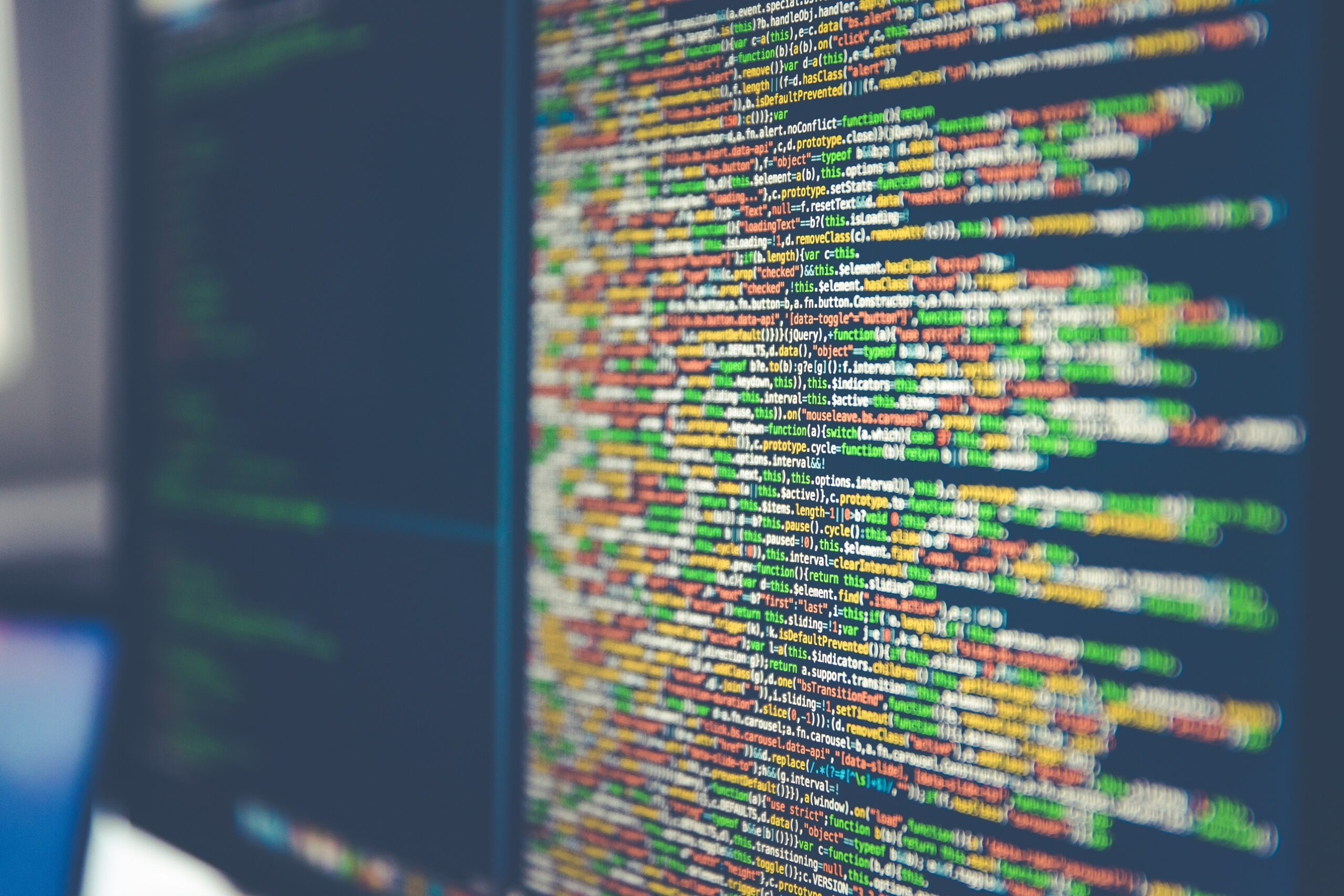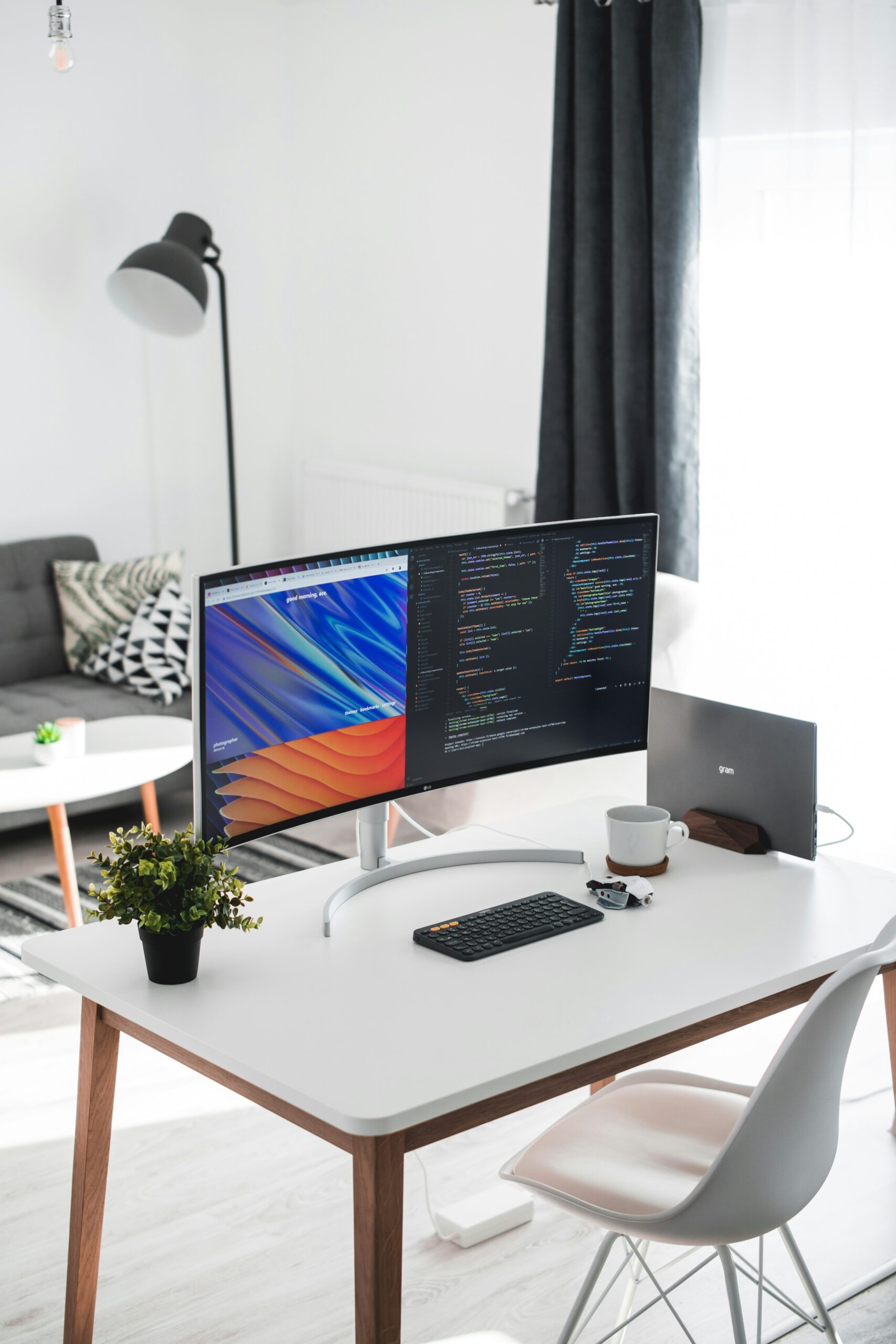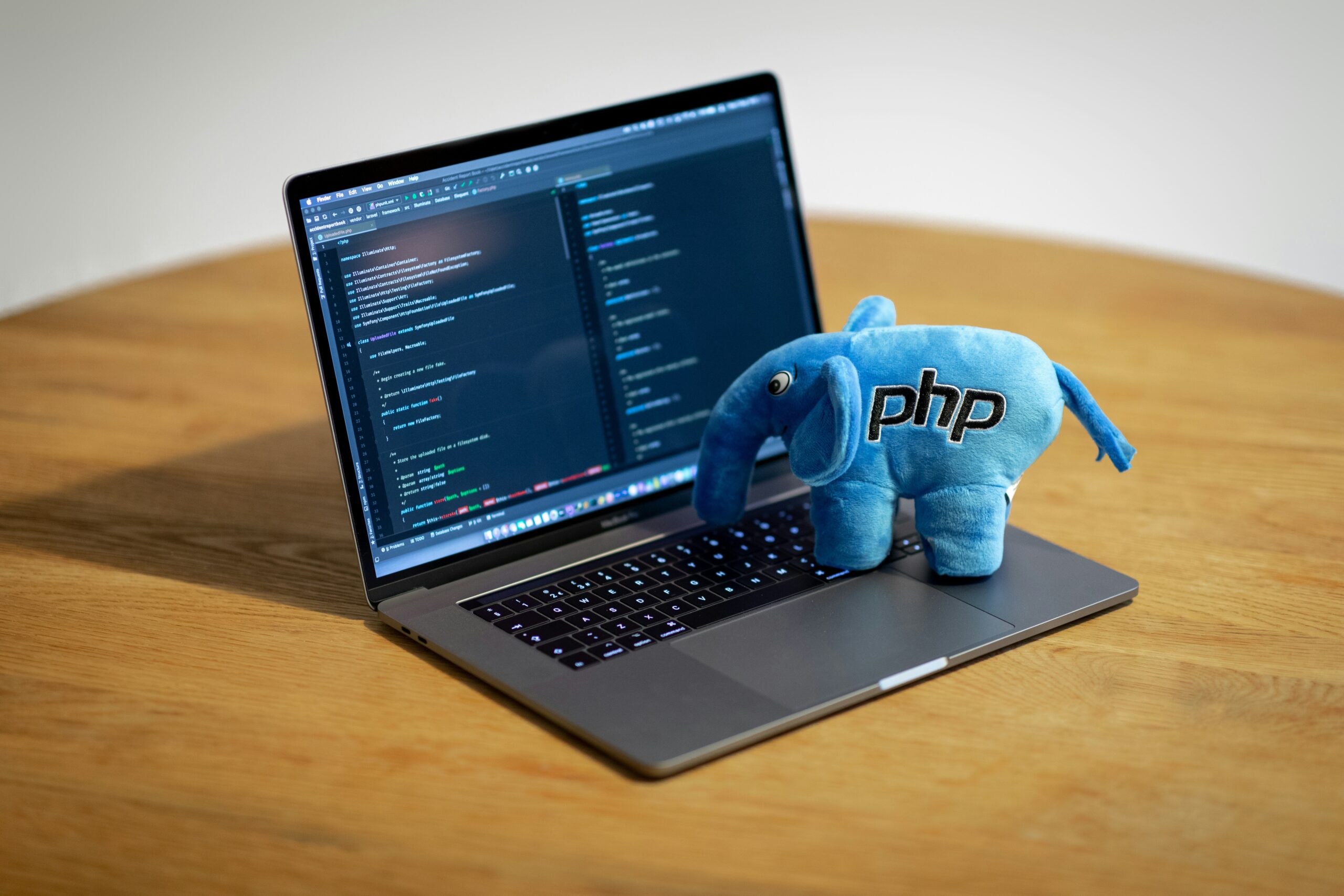Introduction to Coding Concepts: Understanding the Language of Computers

Coding has become an essential skill in today’s digital world. From creating websites and mobile apps to analyzing data and automating tasks, coding is at the heart of technological innovation. But for those who are new to the world of programming, the language and concepts of coding can seem overwhelming.
In this blog post, we will introduce you to some fundamental coding concepts that will help you understand the language of computers and get started on your coding journey.
1. Algorithms
An algorithm is a step-by-step set of instructions that tells a computer how to solve a problem or perform a task. It is like a recipe that guides the computer in executing a specific task. Understanding algorithms is crucial in coding, as they form the building blocks of programs.
2. Variables
Variables are used to store and manipulate data in a program. They act as containers that hold different types of information, such as numbers, text, or boolean values (true/false). By assigning values to variables, you can perform calculations, make decisions, and store and retrieve data in your code.
3. Control Structures
Control structures are used to control the flow of execution in a program. They allow you to make decisions and repeat actions based on certain conditions. Common control structures include if statements, for loops, and while loops. These structures enable you to create dynamic and interactive programs.
4. Functions
Functions are reusable blocks of code that perform a specific task. They allow you to break down your code into smaller, more manageable pieces. By using functions, you can avoid repetitive code and make your programs more modular and organized.
5. Data Structures
Data structures are used to organize and store data in a program. They provide efficient ways to access and manipulate data. Common data structures include arrays, lists, and dictionaries. Understanding data structures is essential for working with large amounts of data and optimizing program performance.
6. Debugging
Debugging is the process of finding and fixing errors in your code. It is an essential skill for any programmer. Debugging involves identifying the source of the problem, understanding the code flow, and using debugging tools to track down and fix the issue. Learning how to debug will save you time and frustration when coding.
7. Object-Oriented Programming
Object-oriented programming (OOP) is a programming paradigm that organizes code around objects, which are instances of classes. OOP allows you to create reusable and modular code by encapsulating data and behavior within objects. It provides a powerful way to model real-world concepts and relationships in your code.
8. Version Control
Version control is a system that tracks and manages changes to your code over time. It allows multiple developers to collaborate on a project, keep track of different versions of the code, and easily revert to previous versions if needed. Version control systems like Git are widely used in the software development industry.
These are just a few of the many coding concepts that you will encounter on your coding journey. By understanding these fundamental concepts, you will be better equipped to learn and apply different programming languages and frameworks.
Remember, coding is a skill that requires practice and perseverance. Don’t be afraid to experiment, make mistakes, and learn from them. Embrace the challenges and enjoy the process of creating something with code.
So, are you ready to dive into the exciting world of coding? Start by learning these coding concepts and soon you’ll be able to speak the language of computers with confidence.



Leave a Comment